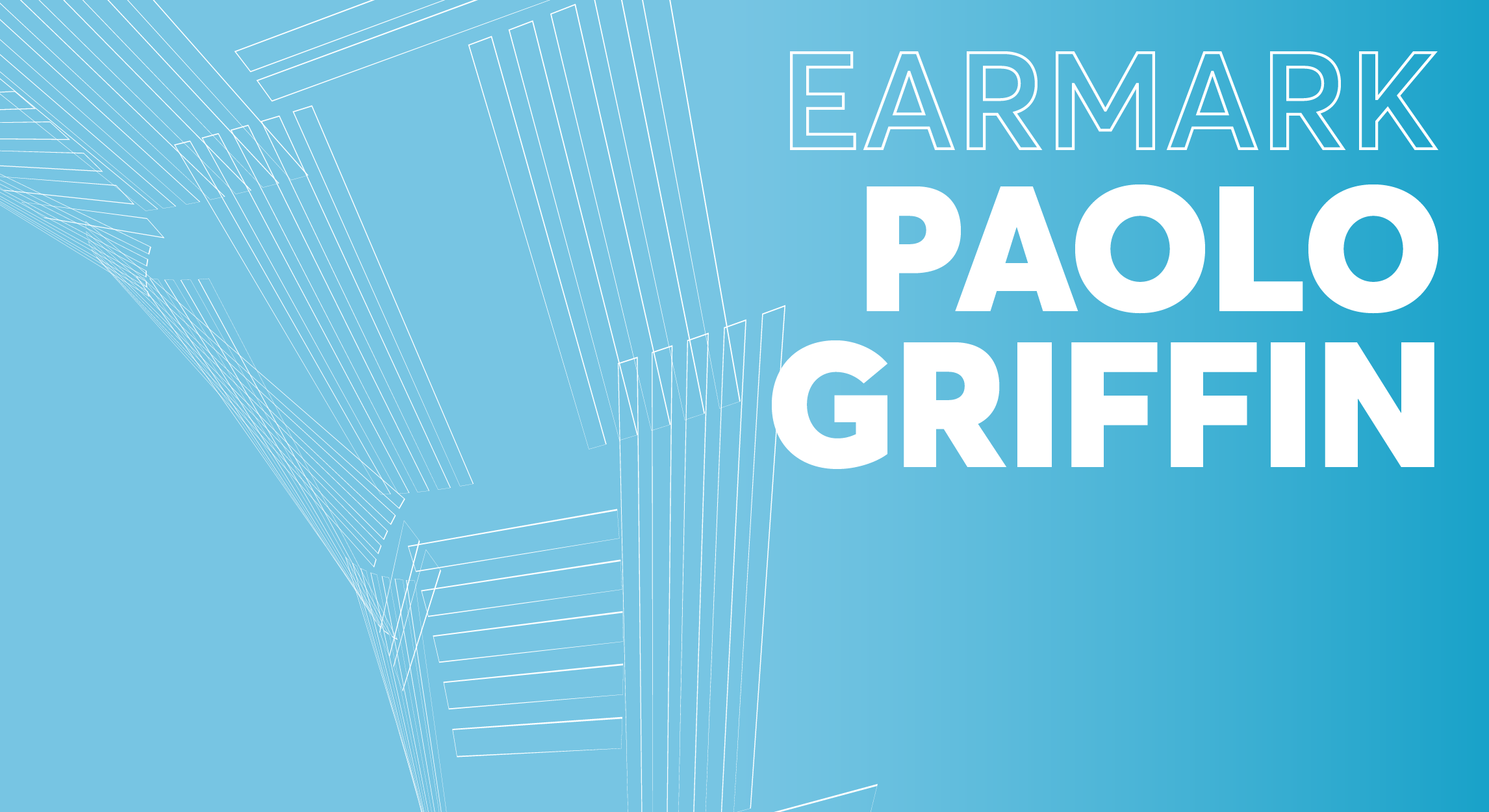As part of our ongoing Earmark series, we hear from Paolo Griffin about changing routines during the early months of the pandemic, the power of music to both attract and repulse, and the Peruvian music that has figured in his listening since childhood.
CMC: How has the pandemic impacted your artistic work? In what ways are you connecting with and supporting your community and collaborators during this time?
Paolo Griffin: Not surprisingly, the pandemic has slowed my compositional output a good deal. I still have a project or two in the works for a bit further off, but very little seems pressing at the moment. It has also accelerated, or made more pressing, some of my other artistic activities. For instance, aspects of planning new concerts for my ensemble and series, Freesound, have become a priority—when things start back up again, I want us to hit the ground running. However given the uncertainty of when we will all be able to get together again to make music, planning also seems very flexible and indeterminate. My work as the managing director of Xenia Concerts has also increased, since we are offering live-streamed concerts now for our audience.
I’m still connecting with colleagues and collaborators via video calls and chatting online. I’m very lucky in that the majority of my regular paid work did not disappear with the pandemic (I also work as a barista at a specialty coffee shop), so I’ve been working to donate some of my earnings and time to supporting my community through various avenues (donations, Bandcamp sales, and so on).
CMC: What got you excited about music at a young age?
PG: The only music I got really excited about when I was young was Latin music generally. My mother used to play a lot of music from all over Latin America whenever we would drive around (to violin lessons for instance). I was drawn to the rhythms and harmonies used in the various musics from around Latin America. She also played a lot of Peruvian music: salsa, Huayno, musica Criollo, waltz, and Marinera. It was only in my teens that I started to become more interested in western classical music.
CMC: What is an important music concert or event that you attended?
PG: In January of 2015, while I was studying in The Hague, I went to see Ensemble Klang (in their XL version) perform Trance by Michael Gordon at the Muziekgebouw aan ‘t IJ in Amsterdam. The energy, volume, and repetitive nature absolutely blew my mind. Everything about it was amazing.
A few years later I saw the Noord Nederlands Orkest perform Gordon’s Decasia with the film by Bill Morrison in Rotterdam on a program with Louis Andriessen’s Mysteriën. I clearly remember people getting up and leaving the hall because the music was either too loud or too grating. Decasia also had a profound effect on me and to this day remains one of my lifetime concert highlights.
CMC: What have you been listening to lately?
PG: I’ve been listening to a bunch of stuff on Bandcamp lately. A few CD’s from Another Timbre, Allison Cameron’s two albums, Raw Sangudo, and A Gossamer Bit (both of which were big influences on me early in my studies at the Conservatory in The Hague where I completed my Master’s Degree). I’ve also been listening to the works of Klaus Lang, whose music I love. I’ve got an endlessly rotating playlist of stuff by various artists I enjoy, such as Toro Y Moi, Gorillaz, and Chromeo. I also have a playlist of Peruvian music, much of it from Lima and the Cajamarca region where my mother and family are from.
CMC: Tell me about a work of yours that you are particularly proud of.
PG: This would probably be my latest piece, Within a Space, which I wrote for my group, Freesound, and performed in concert on February 28 (we just barely squeaked it by before the lockdown set in). It took a while to put together, and I was writing it while organising rehearsals and details for the concert itself. And to get this many people together in one place for rehearsal was no easy task. It went well, and I was very pleased with how the piece turned out. In addition, it was a pleasure to work with my friends and colleagues again, many of whom I’ve known since my undergrad but haven’t worked with in years and who received the piece very positively.

